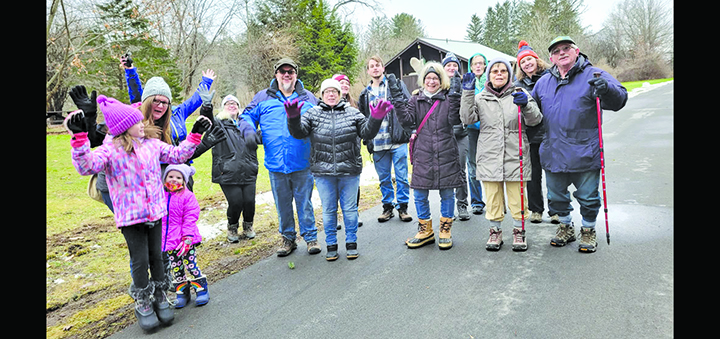How should STOP DWI monies be spent?
NORWICH – How Chenango County decides to spend the approximately $120,000 in revenues collected annually from drunk driving convictions came under intense scrutiny Wednesday at a meeting of the Safety & Rules Committee.
Town of Plymouth Supervisor Jerry L. Kreiner pointed to a number of discrepancies and potential legal violations in the distribution, a process which involves the Chenango County Traffic Safety Board, Stop DWI coordinator and the committee.
Plymouth’s request in August 2008 for $800 per year for a software maintenance program - which they say prevents court cases from falling through the cracks - was denied in November. The request first went before the Traffic Safety Board, where members voted to deny it, then to Stop DWI Coordinator Jan Miles, who presented the same recommendation to Safety & Rules.
Safety & Rules is charged with monitoring Stop DWI’s budget and making resolutions for the use of funds to the county’s Finance Committee. Finance would then have the option of forwarding any decision it makes onto the full Chenango County Board of Supervisors.









Comments